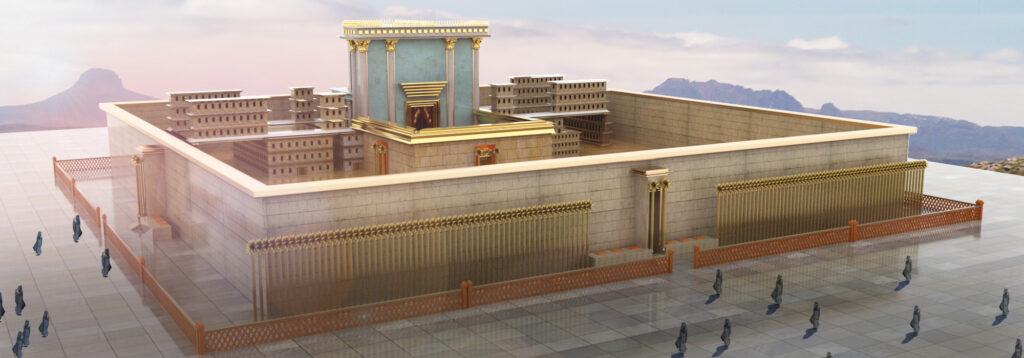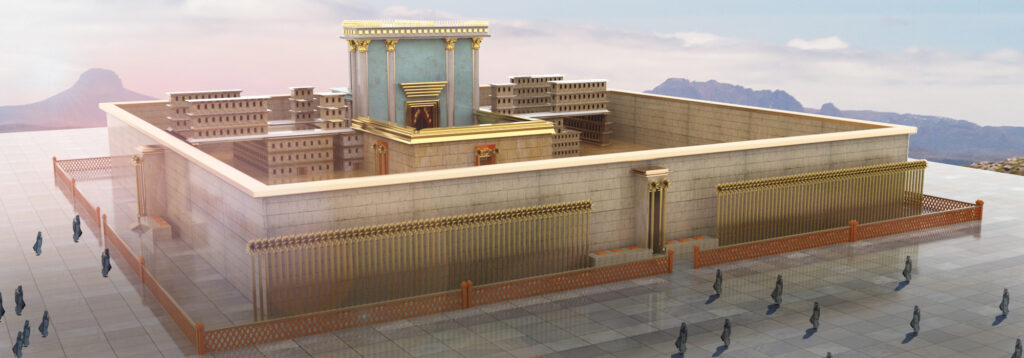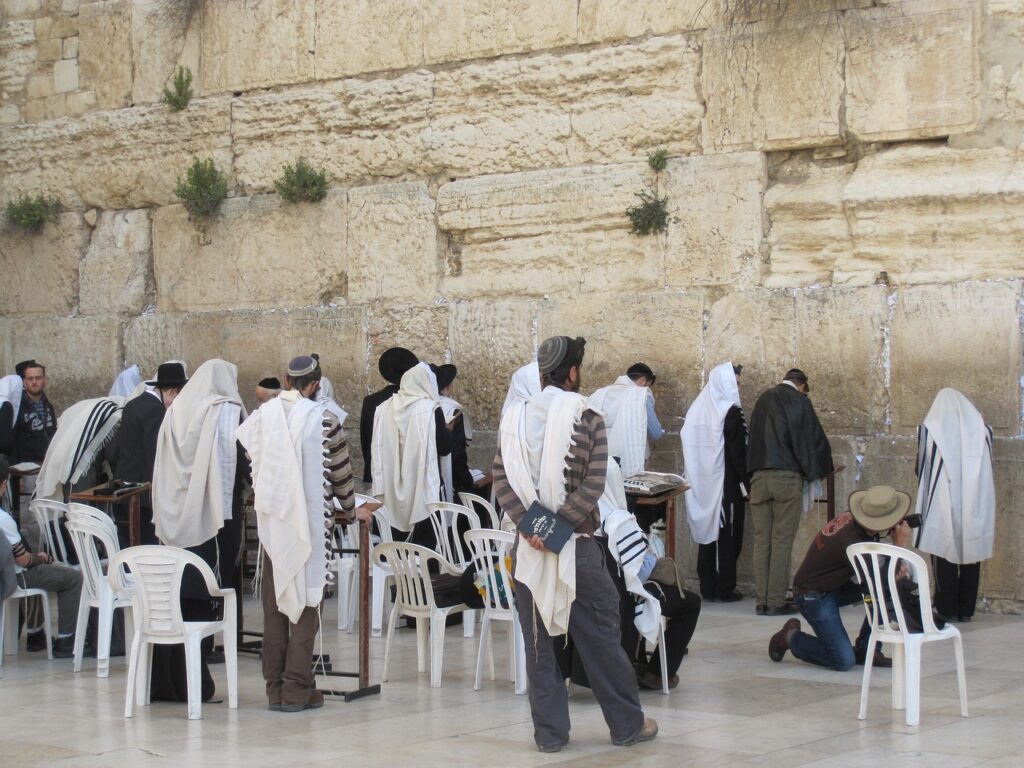An Upsherin, the first haircut for a Jewish boy at...
Read MoreIn the Jewish calendar, Tisha B’Av, or the Ninth of Av, is a significant day for mourning. It marks the destruction of the First and Second Temples in Jerusalem and other significant tragedies in Jewish history.
It can be very moving to observe Tisha B’Av in Jerusalem, the location of these events. Here’s what you can expect and how you can make the most of this day.
The Unique Atmosphere in Jerusalem
On Tisha B’Av, Jerusalem takes on a quiet and reflective mood. The usual noise and activity of the city slow down as people focus on mourning and contemplation.
Streets that are usually busy become quieter. The atmosphere feels different, with a sense of collective reflection and remembrance throughout the city.
Attending Synagogue Services
Going to synagogue services is an essentrial part of observing Tisha B’Av. Here’s what to expect:
1) Reading of Eicha (Lamentations):
The reading of the Book of Lamentations opens the evening service. This book describes the destruction of Jerusalem and is chanted in a mournful tone. It helps set the mood for the day.
2) Kinnot (Lamentations):
Throughout Tisha B’Av, special poems called Kinnot are recited. These poems mourn various tragedies experienced by the Jewish people over time. They help us remember and understand the deep losses that have occurred.
Exploring the Old City
The Old City of Jerusalem is pretty significant on Tisha B’Av:
1) Western Wall (Kotel):
The Western Wall is among the most important sites to see. This is the final section of the Second Temple that still exists. Many gather here to meditate and pray. Being at the Wall on Tisha B’Av has great power because it puts you in close contact with the Temple’s past and the grief surrounding its destruction.

2) Temple Mount:
Even though you might not be able to go to the Temple Mount specifically on Tisha B’Av, it is nevertheless important to grasp its significance. The Temple Mount is where the First and Second Temples once stood, and it adds context to the day’s observances.
Personal Reflection
Part of Tisha B’Av is contemplation of oneself:
1) Quiet Time:
Look for a quiet area in Jerusalem where you can sit and reflect. This might be at the Western Wall, in a park, or somewhere quiet. Use this time to reflect on the themes of loss and mourning and what they mean for you personally.

2) Connecting with Others:
Many people find comfort in sharing the experience with others. Attending services, discussing the day’s meaning with friends, or participating in group reflections can deepen your experience and create a sense of community.
3) Emotional and Spiritual Impact
Jerusalem Tisha B’Av experiences can be profoundly emotional and spiritually impactful:
Connection to History: The past seems more recent when one is in Jerusalem, the site of historical events. It helps you connect more deeply with the significance of the day.

4) Hope for the Future:
Though it is a day of mourning, Tisha B’Av also conveys a message of hope. It’s not just about remembering past losses but also looking forward to future redemption and rebuilding. This hope can inspire a sense of renewal and resilience.
Conclusion
Observing Tisha B’Av in Jerusalem is a deeply meaningful experience. The city’s quiet atmosphere, the solemn traditions of synagogue services, the historical significance of the Old City, and moments of personal reflection create a powerful spiritual journey. Whether you are a visitor or a local, spending Tisha B’Av in Jerusalem provides a profound opportunity to connect with the past and reflect on the future.
Thank You!
Inquiry: 718–360–9445
Email: info@planitisrael.com
Website: https://www.planitisrael.com/
Address: Plan It Israel LLC, 24 Sherman street, Johnson City, NY 13790







